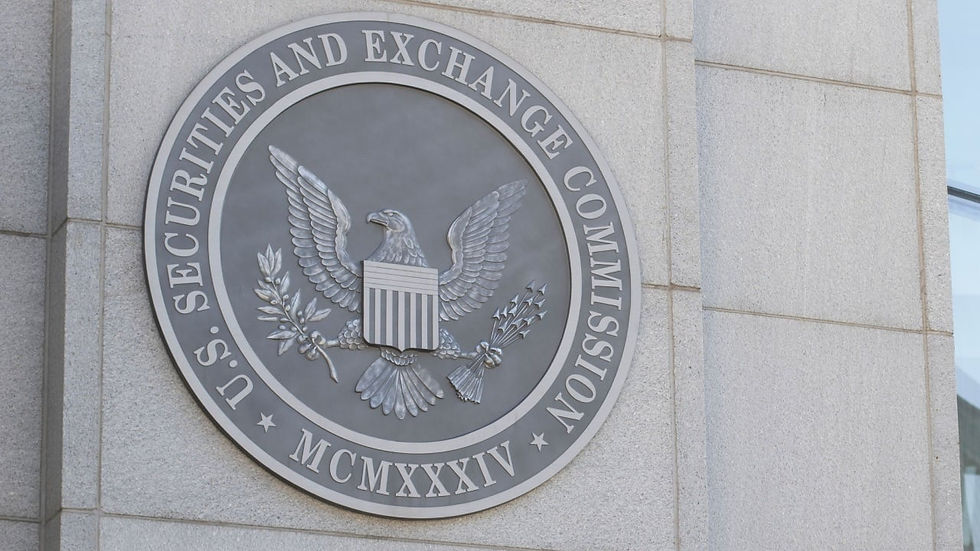Regulatory Updates Newsletter : March 2025
- Staff Correspondent
- Apr 1
- 13 min read
Welcome to the March 2025 edition of our regulatory newsletter, where we bring you the latest developments in risk management, financial risk regulations, AI regulation, compliance initiatives, and financial crime prevention across key jurisdictions. This month’s highlights span the United States’ new approach to crypto oversight, the announcement by the EBA to launch a consultation on pushing back FRTB deadlines, and the EU outlines measures for unified anti-money laundering rules, India’s streamlined capital-raising process, Singapore’s focus on commodity finance risk, and new measures in the Middle East to bolster debt markets. Whether you’re in risk, compliance or legal, read on for insights and implications of these updates.
SEC Kickstarts Crypto Regulatory Overhaul with Public Roundtables

The SEC has launched a “Spring Sprint” series of public roundtables to reshape crypto regulation. The inaugural session on March 21 focused on defining when cryptoassets qualify as securities, addressing long-standing ambiguity in digital asset classification. Led by Commissioner Hester Peirce, the SEC’s Crypto Task Force is seeking expert input to draw clear regulatory lines and craft workable registration and disclosure frameworks for crypto firms sec.gov
This first roundtable – titled “How We Got Here and How We Get Out – Defining Security Status” – marked a new collaborative approach, with discussions on tailoring rules for crypto trading platforms, improving transparency, and calibrating enforcement tactics to the unique challenges of digital assets.
Implications
The SEC’s engagement through public roundtables signals a potential shift toward more nuanced and inclusive crypto regulation. By consulting industry and academic experts in an open forum, the Commission may develop more practical, well-defined rules for digital asset classification and oversight, reducing uncertainty for market participants. Firms in the crypto industry should watch for outcomes of these sessions, as they could pave the way for clearer compliance obligations and paths to registration, in contrast to the strictly enforcement-driven approach of the past. In short, U.S. regulators appear to recognize that fostering innovation and protecting investors need not be at odds, and a more tailored regulatory regime for crypto is on the horizon.





Comments